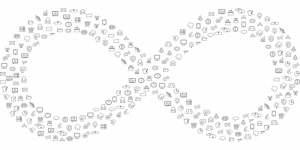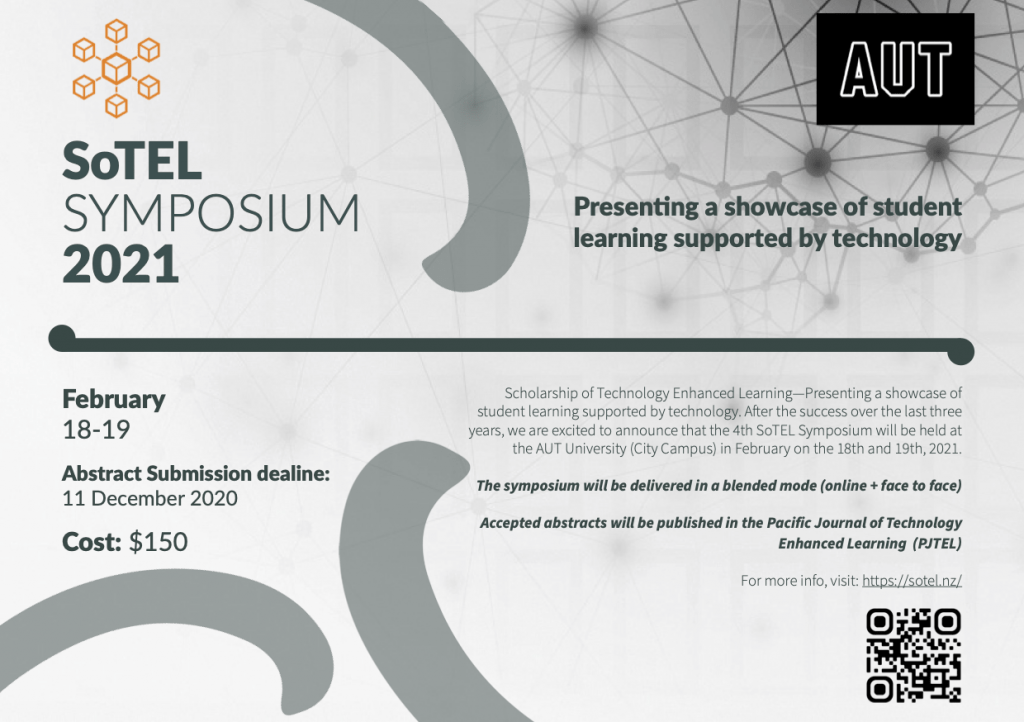#ASCILITEMLSIG Webinar 11 December 2020
Our guest this week is Alexis Pang from the University of Melbourne discussing mobile fieldwork in higher education.
Pang, A., & Weatherley, A. (2016). A Smartphone App for Mobile Learning in the Field. 24TH INTERNATIONAL CONFERENCE ON COMPUTERS IN EDUCATION (ICCE 2016), Indian Inst Technol Bombay, Mumbai, INDIA. https://minerva-access.unimelb.edu.au/bitstream/handle/11343/130084/ICCE2016-main-proc-final-19Nov%20Pang_Weath.pdf
Thar, S. P., Ramilan, T., Farquharson, R. J., Pang, A. & Chen, D. (2020). An empirical analysis of the use of agricultural mobile applications among smallholder farmers in Myanmar. The Electronic Journal of Information Systems in Developing Countries, pp. 14-. doi:10.1002/isd2.12159



Recent Comments